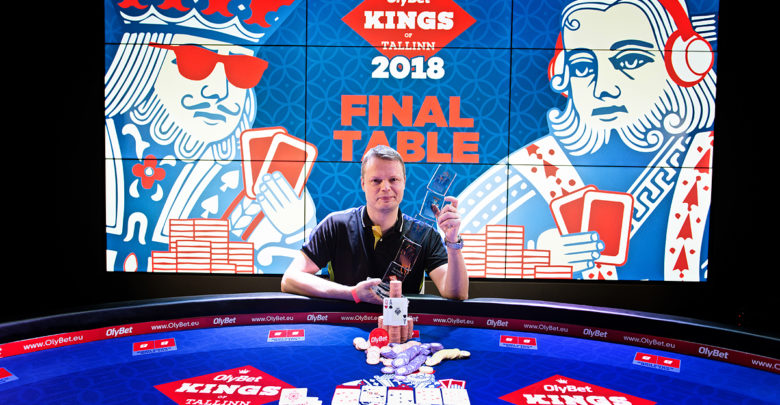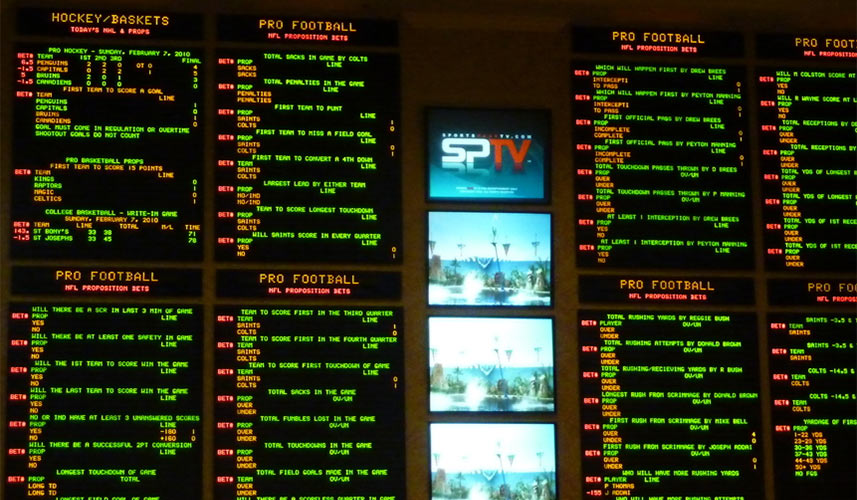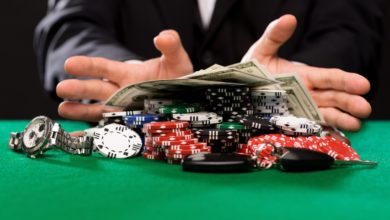10 Tips For Successfully Making More Final Tables

For poker players, the ultimate goal is to reach the final table. It’s why you prepare, practice, and play, to get to the end and face the best in the tournament. The sense of accomplishment is great. The prize money is even better. However, getting there is no easy task. You must survive good players, bad hands, and random luck. Tournament poker is a different animal than your weekly game in your buddy’s basement after all.
This is a much longer game you are playing that takes a stamina as well as a deeper strategy. You need all the help you can get to reach that promised land and we’re here to help. Here are the ten tips to help you battle to that last table. Some seem obvious, some don’t, but they are all very important to your success. Keep these tips in mind and you’re sure to improve as a tournament poker player and get to more final tables.
Know Who You Are
A simple, and expensive, many poker players make is thinking they’re better than they are. It’s important to know where you stand as a player and when you’re in over your head. It’s a point of pride for some and a simple over-estimation for others. Always remember to stay in your lane and choose the right buy-in. To see some success and improve as a player, never play above your skill level.
Be Patient
Tournament poker is a long game, quite literally. Tournaments last for hours on end and the tedium alone can break players. You must keep your wits and stay engaged with every hand. Impatient players start making bad moves and bust out quick. Always remain vigilant. If you feel your concentration waning, change something up. Have a coffee, walk around, or anything to bring you back.
Build a Bankroll Early
Playing from behind is what every player wants to avoid. The bigger your stack is the easier it is to play. The best way to do this is to build a bankroll early with smart, small plays. Tournament poker is a marathon, not a sprint. Play conservative early so you can take more chances down the line. Hit a few good flops early and you are well on your way without giving away too much. The bankroll is the thing after all so build it up as early as you can.
Practice
You should start slow and play in as many small multi-table tournaments as you can in order to find a rhythm in this type of poker environment. Play online, at a casino, or at a friends house. Just play as much as you can. Once you’re winning in these places and in small tournaments, you can move up to the next level.
Take Notes
It may seem obvious but taking notes is a great way to learn your opponents. You can figure out a lot of information about your opponents with simple notes about their habits, the way they bet, or when they raise. Keeping notes will also improve your memory as it is a great brain exercise.
Know Your EV
Every move you make during a poker tournament has either a positive or a negative expected value (EV). Even when you win a hand, it doesn’t mean you made the right move. Just like, you could have made the right move and busted out. Analyze all of you plays and be sure they are always positive EV.
Steal Blinds
The later in the poker tournament, the bigger the blinds will be. Stealing blinds is a great way to build your stack – especially when the blinds are playing tight.
Don’t Get Blinded Out
Every poker tournament has a moment where you can no longer wait for the very best hands anymore. When the blinds are high, you’ll have to play hands that aren’t all that great. Don’t let a blind take you out of a poker tournament.
Maintain Your Expectations
No one wins every poker tournament they enter. You are probably going to lose many more poker tournaments than you ever win. Keep this is mind and don’t be discouraged by a bad showing or two. These things happen. The important thing is that you are constantly getting better. If you are able to look back at your mistakes, identify why they were made, and learn from your experience, you’re improving as a tournament poker player.
Every tournament comes down to a few big moments during a few big hands, having the experience to learn how to play them will pay off in the end, even if you have to lose a few to get there. Good players can make the mistake of expecting the best only to fall short and beat themselves up over it. It’s important to move on and learn from your past.




